Book an Appointment

Innovations and Challenges in Modern Pharmaceuticals
The pharmaceutical industry continues to play a vital role in advancing global health, offering new treatments and life-saving medicines to populations worldwide. Yet, behind every breakthrough drug lies years of research, rigorous testing, and constant adaptation to meet the needs of patients and healthcare systems.
The Importance of Research and Development
Scientific discovery is the foundation of pharmaceuticals. Developing effective medicines requires exploring biological mechanisms, identifying promising compounds, and running extensive clinical trials. Each stage of this process is designed not only to evaluate effectiveness but also to ensure safety for patients. This journey is long and costly, but it is what brings innovation from the laboratory bench to the pharmacy shelf.
Patient-Centered Care
Modern drug development increasingly emphasizes patient needs. It is no longer enough for a medicine to simply treat a condition; it must also fit into the patient’s lifestyle. Treatments are being designed to reduce side effects, improve adherence, and provide more convenient options, such as oral medications instead of injections. Personalized medicine—where therapies are tailored to genetic profiles—is also transforming care, particularly in oncology and rare diseases.
Accessibility and Affordability
While innovation is critical, accessibility remains a challenge. Many patients in low- and middle-income countries still lack consistent access to essential medicines. Even in developed nations, the rising cost of specialty drugs can limit affordability. The pharmaceutical sector is actively working with governments, insurers, and non-profits to find sustainable pricing models that balance innovation with availability.
Regulatory and Safety Standards
Pharmaceuticals are among the most strictly regulated products in the world. Regulatory bodies such as the FDA and EMA enforce high standards for manufacturing, quality control, and clinical testing. This ensures that medications are both safe and effective. At the same time, companies must adapt to evolving guidelines on digital health data, AI in drug development, and global harmonization of regulatory practices.
The Future of Pharmaceuticals
Looking ahead, the industry is entering a new era shaped by biotechnology, artificial intelligence, and digital health. AI is being used to accelerate drug discovery, predict treatment outcomes, and analyze vast datasets from clinical trials. Biopharmaceuticals—such as gene therapies and monoclonal antibodies—are opening doors to treatments once considered impossible. With these advancements, pharmaceuticals are set to become more precise, effective, and patient-focused than ever before.


